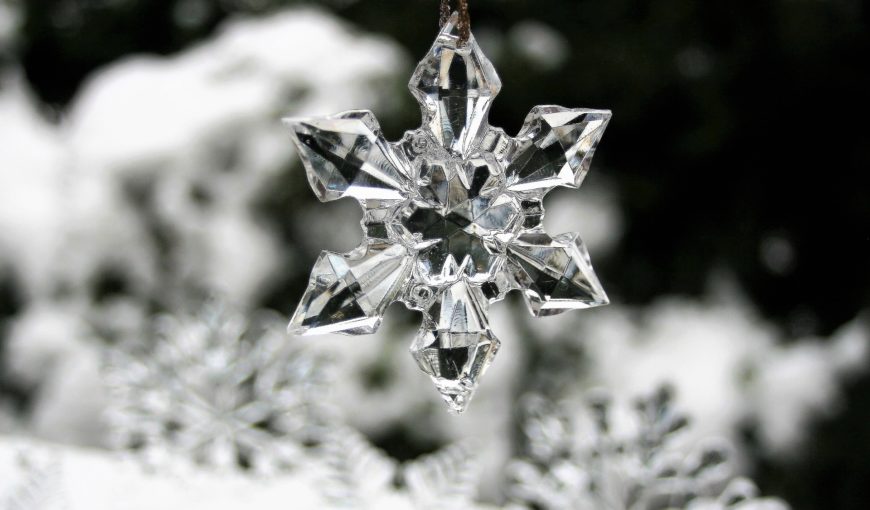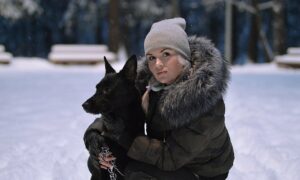Some Winter Tips for Your Pets

Know Your Dog’s Limits
A dog’s cold-tolerance and from breed to breed. If it is too cold for you to stand outdoors without a coat, it is probably too cold for your dog. Short-haired dogs feel the cold faster and should wear warm, dry coats for outdoor activities. Short legged pets become colder faster because their chest and belly is more likely to be in prolonged contact with snow. It is best to take short walks in very cold weather to protect against frostbite.
Senior or Sick Pets
Elderly and arthritic pets have more difficulty walking on snow and ice and are more prone to slipping and falling. Slipping on ice can cause other injuries, and the cold can aggravate arthritis. Animals with diabetes, heart disease, kidney disease, or endocrine disorders such as Cushing’s disease have trouble regulating their temperature.
Check the Feet!
During a walk, dog’s feet can pick up de-ice products, salt, antifreeze, or other chemicals that can be toxic if licked. When you return home after a walk, wipe or wash down your dog’s feet and legs, and examine, examine paws for irritation, cracking, or ice accumulation between the paws.
Inside is Best
Keep pet cats indoors during the winter, even if they roam outdoors during other seasons. Provide shelter for feral cats. Instructions on how to build an inexpensive shelter can be found at www.feralcatfocus.org/colony-management-shelters/
Prepare for Storms
Blizzards and driving bans are a fact of life in our area. Have enough pet food, water and medications, on hand for each of your pets to last at least 5 days. Keep in mind that delivery trucks may be delayed by storms outside our area, so don’t wait until the last minute to order prescriptions.
Be Alert for Strays
Feral and stray cats will seek out heat sources and can be attracted to warm cars during the winter. Check beneath your car, and knock on the hood or honk the horn before starting your vehicle to allow any kitties that may be sheltering there a chance to move.
Snow Escapes
Playing in the snow is fun for a lot of dogs, but deep snow and piled snow near a fence can provide an escape route from a fenced yard. Pile snow away from fences to prevent your dog from climbing over and out.





